The European Council’s role in shaping EU environmental policy remains limited, challenging the new intergovernmentalism theory
The Maastricht Treaty of 1992 was a major step forward in European integration as it formalised environmental policy as a competence of the European Union. In particular, the European Council has been involved in environmental policy with all Member States since the Treaty was signed. How has this involvement of the Council affected the integration of environmental policy within the EU?
During her secondment to the University of Auckland, Eliska Ullrichova of Charles University examined this question through the lens of intergovernmentalism theory. Ullrichova's findings challenge this theory, which argues that European integration is increasingly driven by intergovernmental governance. Indeed, the European Council often follows rather than leads other EU institutions, casting doubt on its primacy in policymaking.
Ullrichová conducted this research while on secondment at the Ngā Ara Whetū’s: Center Climate, Biodiversity and Society. She highlighted New Zealand's unique contribution to the global climate debate. 'Despite its small population, New Zealand has extensive experience with climate change and natural disasters," she said in an interview. Her time in New Zealand provided a valuable outside perspective and emphasised the importance of understanding the drivers of policy change.
Reference
Ullrichova, Eliska. 2024. ‘New Intergovernmentalism: European Council and Environmental Policy.’ Journal of European Integration, October, 1–22. doi:10.1080/07036337.2024.2411238.
